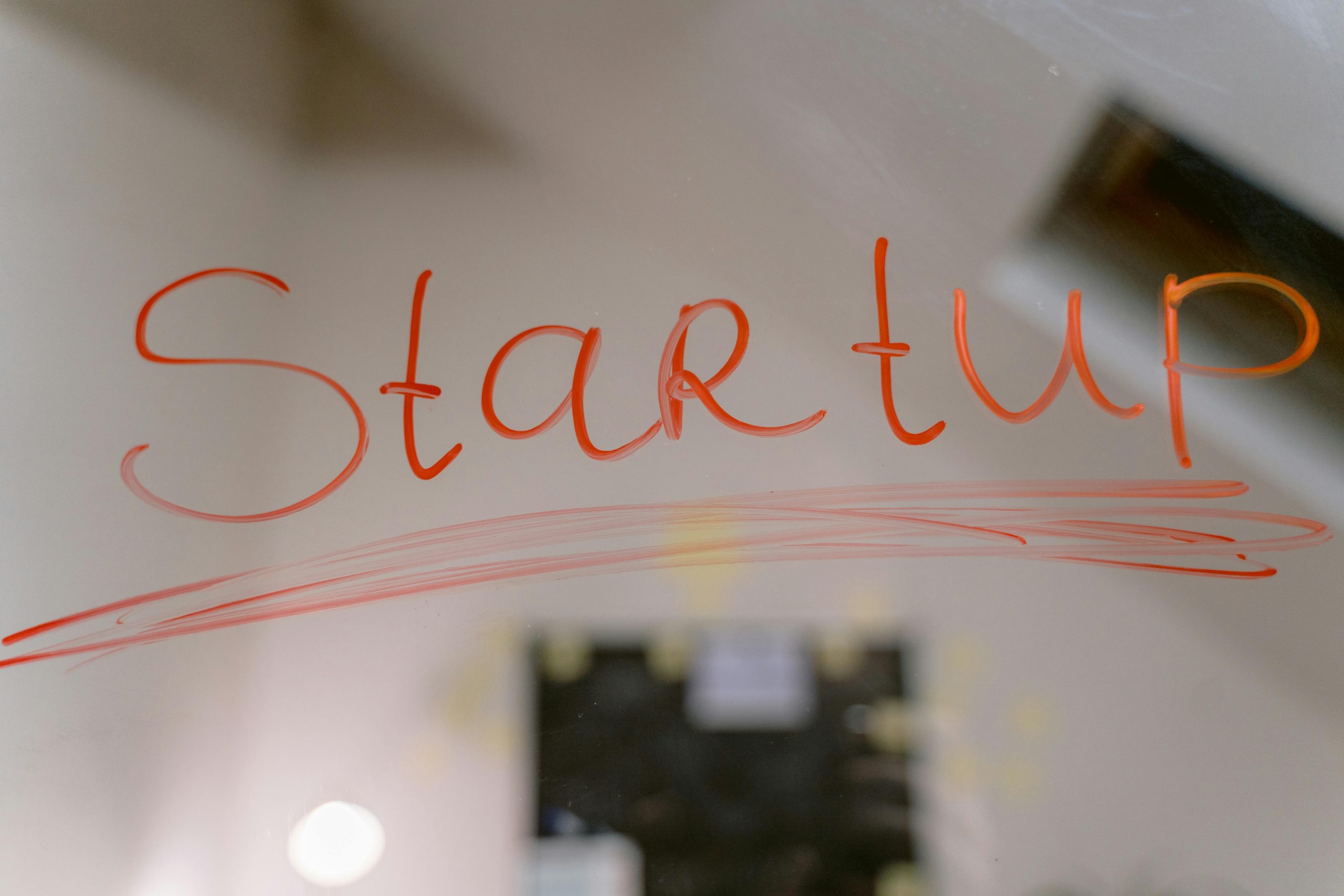The entrepreneurial landscape in Southeast Asia is booming, with over 25,000 new startups launched annually across the region. Yet, a critical question remains unanswered for many founders: who exactly needs to validate their startup ideas, and when should this process begin?
The answer might surprise you. Validation isn’t just for first-time entrepreneurs or tech startups, it’s a fundamental practice that even seasoned business leaders and established companies use when exploring new ventures.
Who Needs Startup Idea Validation?
First-Time Entrepreneurs: The Learning Imperative
Why They Need It Most First-time entrepreneurs face the steepest learning curve in business development. Without prior experience in market dynamics, customer behavior, or business model optimization, they’re most vulnerable to costly assumptions. Statistics from the Indonesian Startup Association show that 85% of first-time founders who skip validation fail within 18 months, compared to 45% who conduct thorough validation.
What Makes Them Different These entrepreneurs often possess innovative thinking and fresh perspectives but lack practical experience in translating ideas into viable businesses. They tend to overestimate market demand and underestimate implementation challenges—exactly what validation helps correct.
When to Start First-time entrepreneurs should begin validation immediately after identifying their core business concept, ideally before any significant financial investment or team building.

Serial Entrepreneurs: Experience Meets New Markets
The Paradox of Experienced entrepreneurs might assume their track record exempts them from validation, but this thinking can be dangerous. Markets evolve, customer preferences shift, and past success doesn’t guarantee future relevance. Indonesian serial entrepreneur William Tanuwijaya, founder of Tokopedia, validates every new venture thoroughly despite his proven track record.
Industry Transition Challenges When successful entrepreneurs move into new industries or target different customer segments, they essentially become beginners again. A fintech expert entering healthcare technology faces entirely different regulatory requirements, customer behaviors, and market dynamics.
When Validation Becomes Critical Serial entrepreneurs should validate when entering new markets, targeting different demographics, or developing solutions outside their core expertise areas.
Corporate Innovation Teams: Internal Entrepreneurship
The Corporate Validation Gap Large corporations venturing into new business lines often skip validation, relying instead on internal market research and executive intuition. However, corporate validation requires different approaches than startup validation due to resource availability, risk tolerance, and organizational constraints.
Resource Advantage and Blind Spots Corporate teams have access to extensive resources but may suffer from confirmation bias or internal politics that skew validation results. They need structured, objective validation processes that can challenge internal assumptions.
Timing Considerations Corporate innovation teams should validate before allocating significant R&D budgets, typically during the ideation and early concept development phases.
Tech-Enabled Service Providers: Digital Transformation Leaders
The Indonesian Context In Indonesia’s rapidly digitalizing economy, traditional service providers—from healthcare clinics to educational institutions—are developing tech-enabled solutions. These organizations need validation to ensure their digital innovations serve real market needs rather than implementing technology for its own sake.
Unique Validation Requirements These providers must validate both the underlying service demand and the technology adoption readiness of their target markets. Rural Indonesian markets, for example, may have strong demand for healthcare services but limited smartphone penetration.
Social Impact Entrepreneurs: Mission-Driven Validation
Balancing Impact and Sustainability Social entrepreneurs face unique validation challenges. They must prove both social impact potential and commercial viability—a dual validation requirement that traditional entrepreneurs don’t face.
Market Dynamics In Indonesia, social impact startups often target underserved populations with limited purchasing power. Validation must account for alternative revenue models, government support, and long-term sustainability rather than traditional profit metrics.
When to Validate Social impact entrepreneurs should validate throughout their development process, testing both social outcomes and business model sustainability simultaneously.
When Should Validation Begin?
Pre-Investment Phase: The Foundation Stage
The Golden Window The optimal time to begin validation is during the concept development phase, before any significant financial commitments. This typically occurs 2-3 months after initial idea generation when the core concept is defined but before MVP development begins.
Resource Optimization Starting validation early prevents costly pivots later in the development process. Indonesian startup Ruangguru spent six months validating their educational technology concept before building their platform, ultimately saving an estimated $200,000 in development costs by identifying market preferences early.
Risk Mitigation Timeline Early validation reduces both financial and opportunity risks. The later validation begins, the more expensive corrections become and the harder it becomes to pivot effectively.
Market Entry Preparation: Strategic Timing
Regional Market Differences For startups targeting multiple Southeast Asian markets, validation should begin 4-6 months before planned market entry. Indonesian solutions don’t automatically translate to Malaysian or Thai markets due to cultural, regulatory, and economic differences.
Competitive Landscape Analysis Markets evolve rapidly in the digital age. Validation should account for competitive changes and market shifts that may have occurred since initial concept development.
Funding Readiness: Investor Requirements
Due Diligence Preparation Modern investors, particularly in Southeast Asia, expect comprehensive validation data before considering investment. This includes customer discovery results, market size validation, and competitive analysis.
Milestone-Based Validation Many investors prefer milestone-based funding tied to validation achievements. Startups should complete initial validation before seed funding and conduct deeper validation before Series A rounds.
Where Validation Matters Most
High-Stakes Industries
Financial Technology Indonesian fintech startups face strict regulatory requirements and high customer trust barriers. Validation must include regulatory compliance testing, security validation, and trust-building mechanism verification.
Healthcare Technology Medical technology solutions require extensive validation covering clinical effectiveness, regulatory approval processes, and healthcare provider adoption patterns.
Education Technology Educational solutions in Indonesia must validate across diverse socioeconomic segments, varying digital literacy levels, and different educational system requirements.
Emerging Market Considerations
Infrastructure Dependencies Solutions requiring reliable internet, electricity, or logistics infrastructure need validation that accounts for regional variations in these dependencies.
Cultural Sensitivity Products involving personal data, financial transactions, or social interactions require cultural validation to ensure local acceptance and compliance with social norms.

What Validation Reveals About Market Readiness
Customer Segment Validation
Demographic Insights Proper validation reveals not just who your customers are, but how they make purchasing decisions, what influences their choices, and how they prefer to engage with new solutions.
Behavioral Patterns Indonesian consumers show unique digital adoption patterns that don’t always align with global trends. Validation uncovers these specific behavioral preferences.
Market Timing Validation
Technology Adoption Curves Different regions within Indonesia adopt new technologies at varying rates. Rural areas may lag urban centers by 2-3 years in technology adoption, affecting market timing strategies.
Economic Readiness Validation helps determine whether target markets have the economic capacity and willingness to pay for proposed solutions at the intended price points.
How to Determine Your Validation Needs
Self-Assessment Framework
Experience Evaluation Rate your experience in the target industry, customer segment, and technology domain on a scale of 1-10. Scores below 7 in any category indicate higher validation requirements.
Risk Tolerance Assessment Consider your financial capacity, time constraints, and opportunity costs. Higher risk tolerance doesn’t eliminate validation needs but may influence validation depth and methodology.
Resource Allocation Guidelines
Time Investment First-time entrepreneurs should allocate 20-30% of their pre-launch timeline to validation activities. Experienced entrepreneurs in new domains should allocate 15-20%.
Budget Considerations Validation typically costs 5-10% of total startup capital but can prevent losses of 50-70% of investment by identifying fatal flaws early.
Why Validation Timing Affects Success Rates
Early Validation Benefits
Cost Efficiency Early validation costs significantly less than post-launch pivots. Market research and customer interviews cost thousands of dollars, while major product pivots can cost hundreds of thousands.
Team Alignment Early validation ensures all team members understand the target market and customer needs, improving development efficiency and reducing internal conflicts about product direction.
Late Validation Risks
Sunk Cost Fallacy Teams that invest heavily in development before validation become emotionally and financially committed to their initial concepts, making objective evaluation and necessary pivots more difficult.
Market Window Closure Delaying validation may mean missing optimal market entry windows, especially in rapidly evolving sectors like fintech or social commerce.
Conclusion: Making Validation Work for You
Startup idea validation isn’t a one-size-fits-all process. Your background, target market, industry, and available resources all influence who should validate, when to start, and how deep to go.
The entrepreneurs who succeed understand that validation is an investment in certainty—reducing risk while increasing the probability of building solutions that customers actually want and will pay for.
Whether you’re a first-time founder in Jakarta or an experienced entrepreneur exploring new markets across Southeast Asia, the question isn’t whether you need validation, but how to design a validation process that fits your specific situation and maximizes your chances of success.
At ISTAR Technology, we see validation as the foundation of digital innovation—connecting human insights with technological possibilities to create solutions that truly serve market needs. The future belongs to entrepreneurs who validate first, build second, and scale with confidence.

